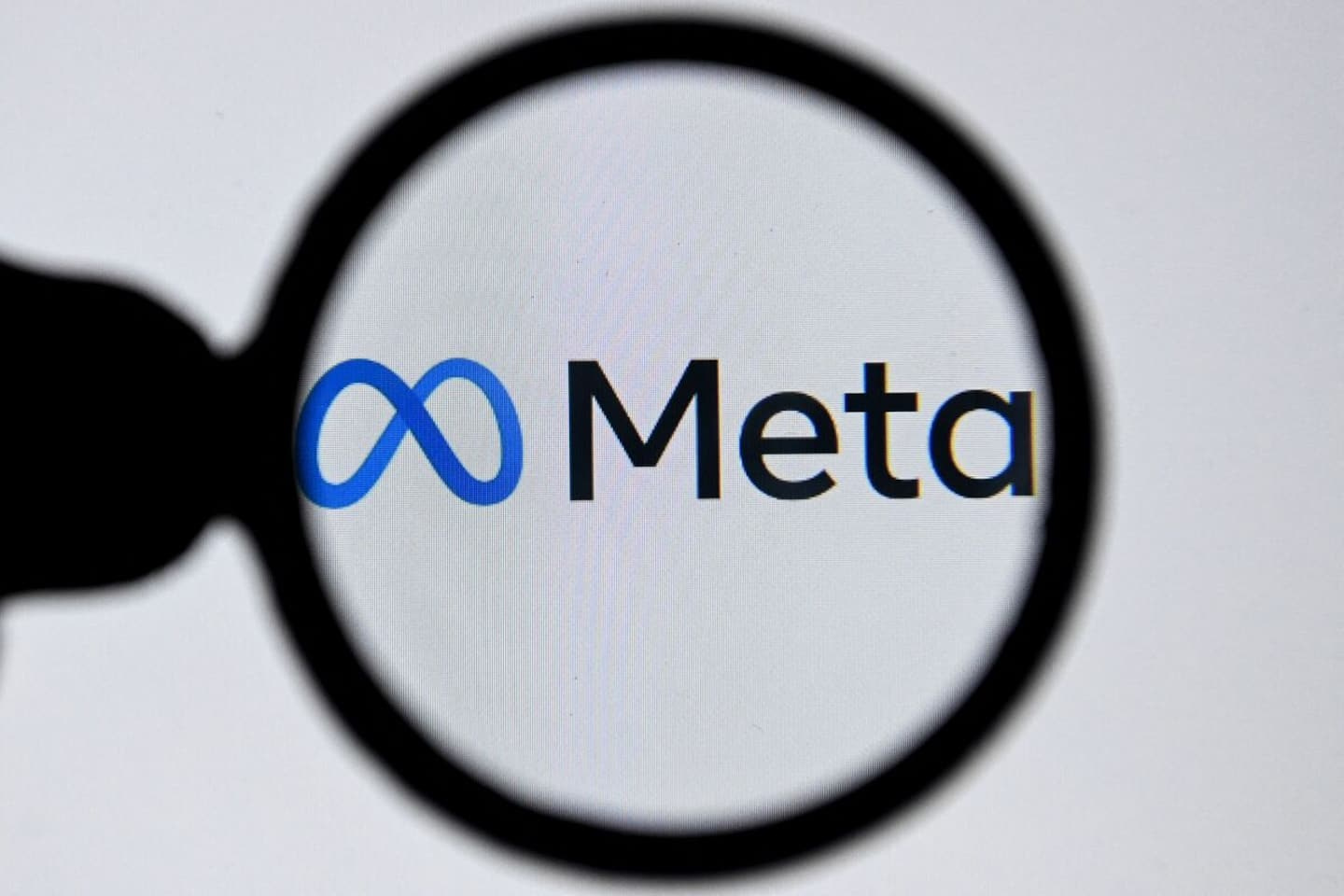Social media giant Meta, whose platforms are regularly accused by NGOs and politicians of harming its users and democracy, released its first annual report on Thursday on its efforts to protect human rights.
• Read also: The watchdog of our personal data concerned by TikTok
It covers the years 2020 and 2021 and reviews various measures taken on Facebook and Instagram, to combat misinformation around COVID, for example, and summarizes studies already published, such as those on the elections in the United States or in the Philippines.
"The report explains how our data policy, law enforcement response team and assessments help protect people from unlawful or excessive government surveillance," the California-based group's press release notes.
Meta, like its neighbor Google, was recently challenged by elected officials, associations and journalists on the subject of the data protection of women who seek to have an abortion in the United States, a constitutional right that the American Supreme Court revoked at the end of June.
They fear that technology groups will be forced to hand over to the authorities, with a legal mandate, the personal information of women who have, for example, contacted services to help with voluntary termination of pregnancy (IVG) in the US states where abortion is now prohibited or severely restricted.
"In accordance with our human rights policy, we are committed to interpreting government requests as narrowly as possible," Miranda Sissons, director of human rights at Meta, told AFP.
“Where there is a discrepancy between local and international standards, we seek to meet international standards as much as possible,” she added, without elaborating on concrete concerns for women in the United States.
The report mentions that if a request does not comply with the law or Meta's regulations, the company "rejects" them.
The American group also returns to its efforts to encrypt these messages from end to end, as WhatsApp already is, a means of “protecting the confidentiality of users, particularly journalists and human rights defenders”.
Meta has been heavily criticized for years on its economic model, accused of favoring content that grabs the attention of users, that is to say, often violent, sensationalist or incitement to hatred.
Its leaders have taken many steps to fight misinformation and improve content moderation.
But revelations last fall from whistleblower Frances Haugen, a former Facebook IT specialist, further tarnished the company's reputation.
She hammered before various parliaments that Meta was "putting its profits before its users".













